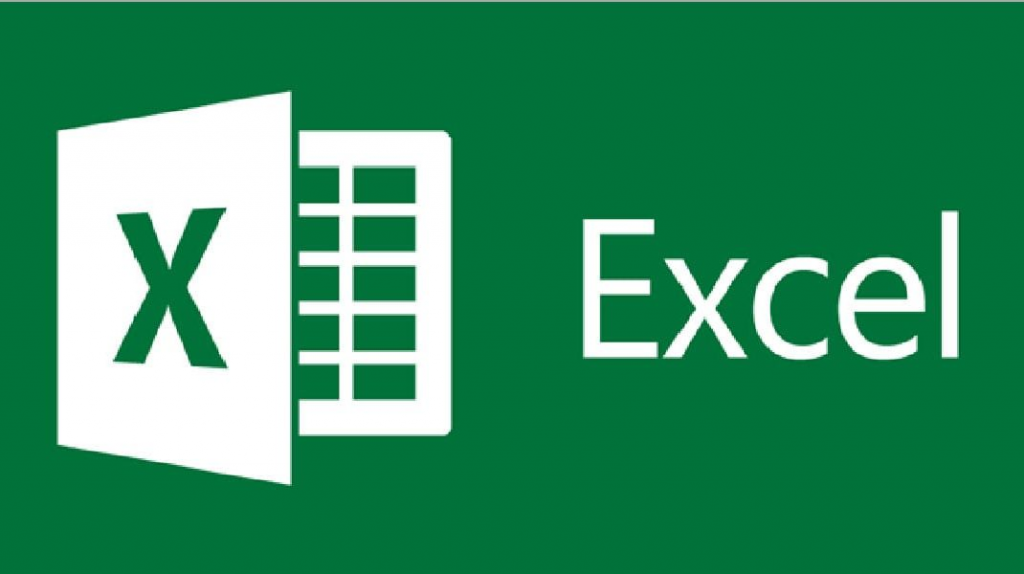In the ever-evolving world of business and data management, proficiency in Microsoft Excel is a valuable skill that can significantly enhance your productivity and efficiency. Whether you are a student, a professional, or someone looking to upskill, enrolling in Microsoft Excel courses can open doors to a plethora of opportunities. In this blog, we’ll explore the importance of Excel skills, the benefits of taking Excel courses, and what you can expect from such programs.

The Significance of Microsoft Excel Skills:
Microsoft Excel, part of the Microsoft Office suite, is a powerful spreadsheet program that is widely used for data analysis, reporting, and visualization. Proficiency in Excel is essential in various fields, including finance, marketing, human resources, and project management. Here are a few reasons why Excel skills are highly valued:
1. Data Management: Excel allows users to organize and analyze large sets of data efficiently. From simple calculations to complex data modeling, Excel provides a versatile platform for handling diverse datasets.
2. Time Efficiency: With its array of functions and features, Excel enables users to automate repetitive tasks, saving valuable time. This automation can significantly improve workflow and reduce the likelihood of errors.
3. Visualization: Excel’s charting and graphing capabilities make it easy to turn raw data into visually appealing and understandable formats. This is crucial for presenting findings to stakeholders and making data-driven decisions.
4. Collaboration: Excel’s collaboration features allow multiple users to work on a spreadsheet simultaneously. This fosters teamwork and ensures that everyone is on the same page when it comes to data analysis and reporting.
Benefits of Taking Excel Courses:
Investing time in learning Excel through structured courses can offer numerous benefits:
1. Structured Learning: Excel courses are designed to take learners from basic to advanced levels, providing a structured learning path. This ensures that participants build a strong foundation before moving on to more complex topics.
2. Expert Guidance: Experienced instructors can provide valuable insights and tips, helping learners understand not just the “how” but also the “why” behind certain Excel functions and techniques.
3. Hands-On Experience: Most Excel courses incorporate practical exercises and real-world examples, allowing participants to apply what they’ve learned in a hands-on environment. This practical experience is crucial for skill retention.
4. Certification: Completing an Excel course often results in a certification, which can be a valuable addition to your resume. Many employers actively seek candidates with recognized certifications in Microsoft Excel.
What to Expect from Excel Courses:
Excel courses typically cover a range of topics, catering to different skill levels. Some key areas covered in these courses include:
1. Basic Excel Skills: Understanding the Excel interface, data entry, basic formulas, and formatting.
2. Intermediate Skills: Advanced formulas and functions, data validation, and conditional formatting.
3. Data Analysis Techniques: Pivot tables, data sorting and filtering, and using functions like VLOOKUP and HLOOKUP.
4. Advanced Excel Features: Macros and VBA (Visual Basic for Applications) programming, advanced charting, and complex data modeling.
5. Specialized Topics: Some courses may delve into specialized areas such as financial modeling, business intelligence, or data visualization using tools like Power BI.
Conclusion:
In today’s data-driven world, Microsoft Excel is a cornerstone tool for professionals across various industries. Enrolling in Excel courses not only equips individuals with the skills needed for effective data management but also opens doors to new career opportunities. Whether you’re a beginner or looking to enhance your existing skills, investing in Excel courses is a smart move that can pay dividends in your personal and professional growth. Mastering Excel is not just about numbers; it’s about unlocking the potential to make informed decisions and drive success in your endeavors.

